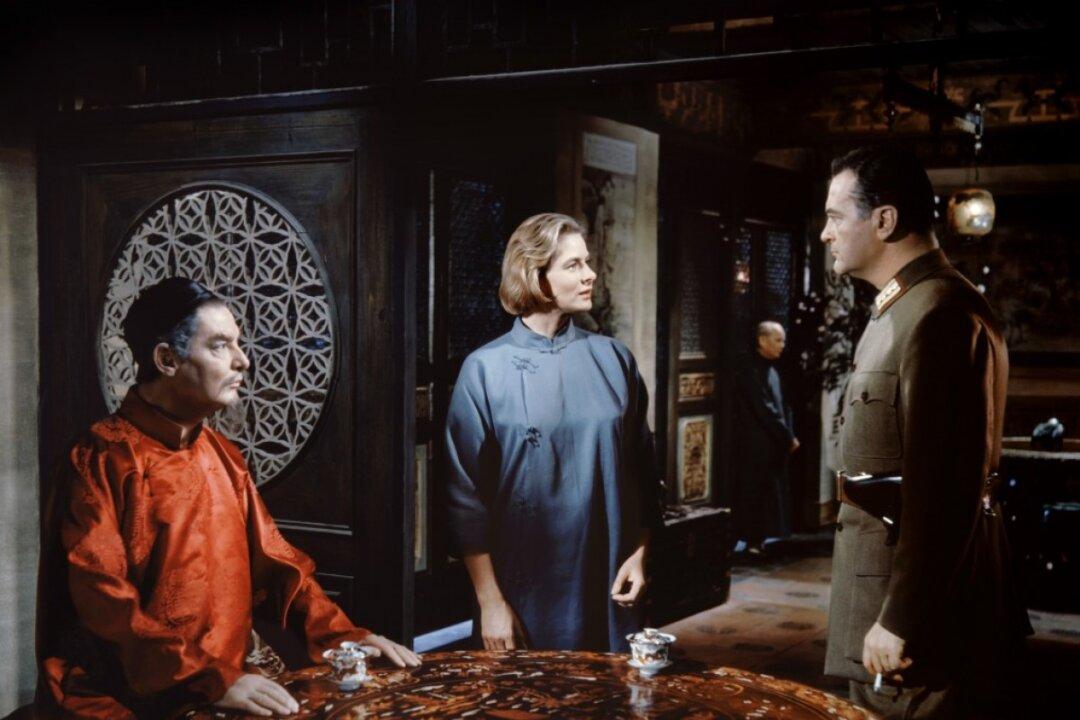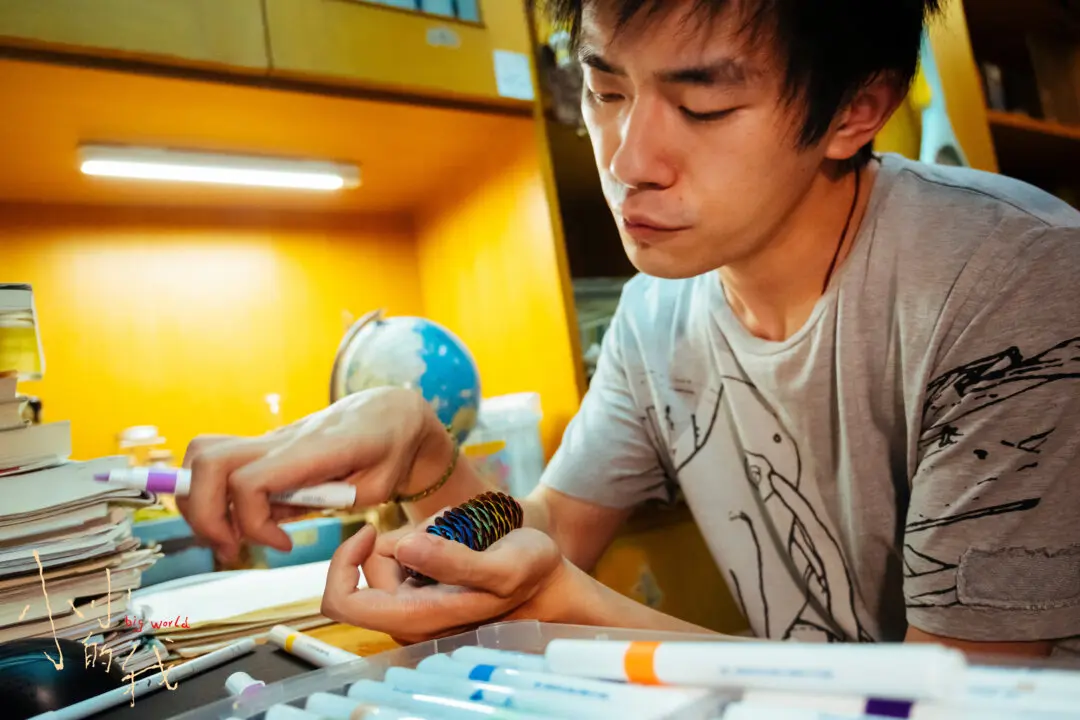NR | 2h 38min | Drama | 1958
Director Mark Robson’s film is a fictionalized portrait of Gladys Aylward, a British missionary whose heroism saved hundreds of Chinese people at the height of the Second Sino-Japanese War. His introductory text explains that she was dedicated to “the simple, joyful and rare belief that we are all responsible for each other.”





